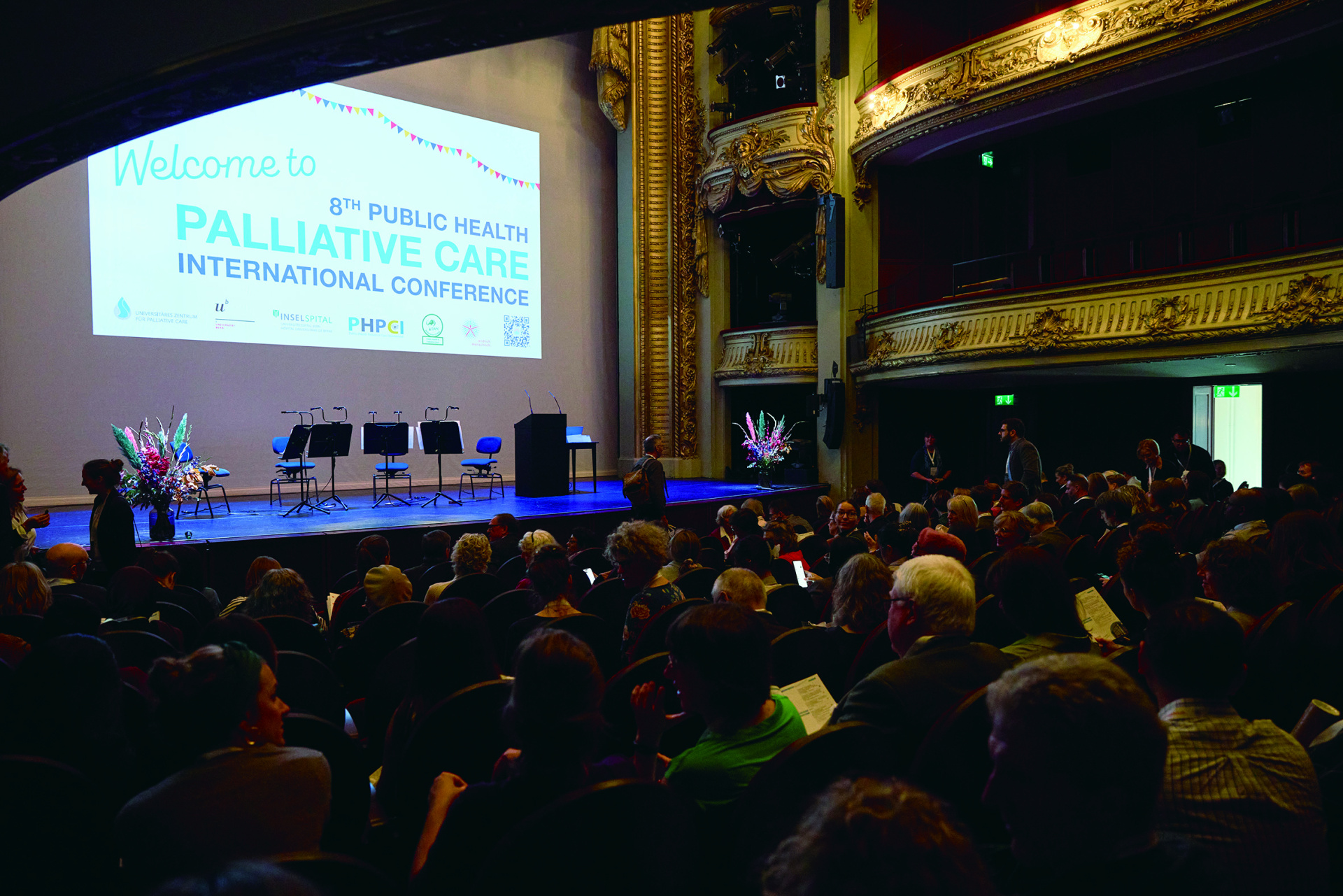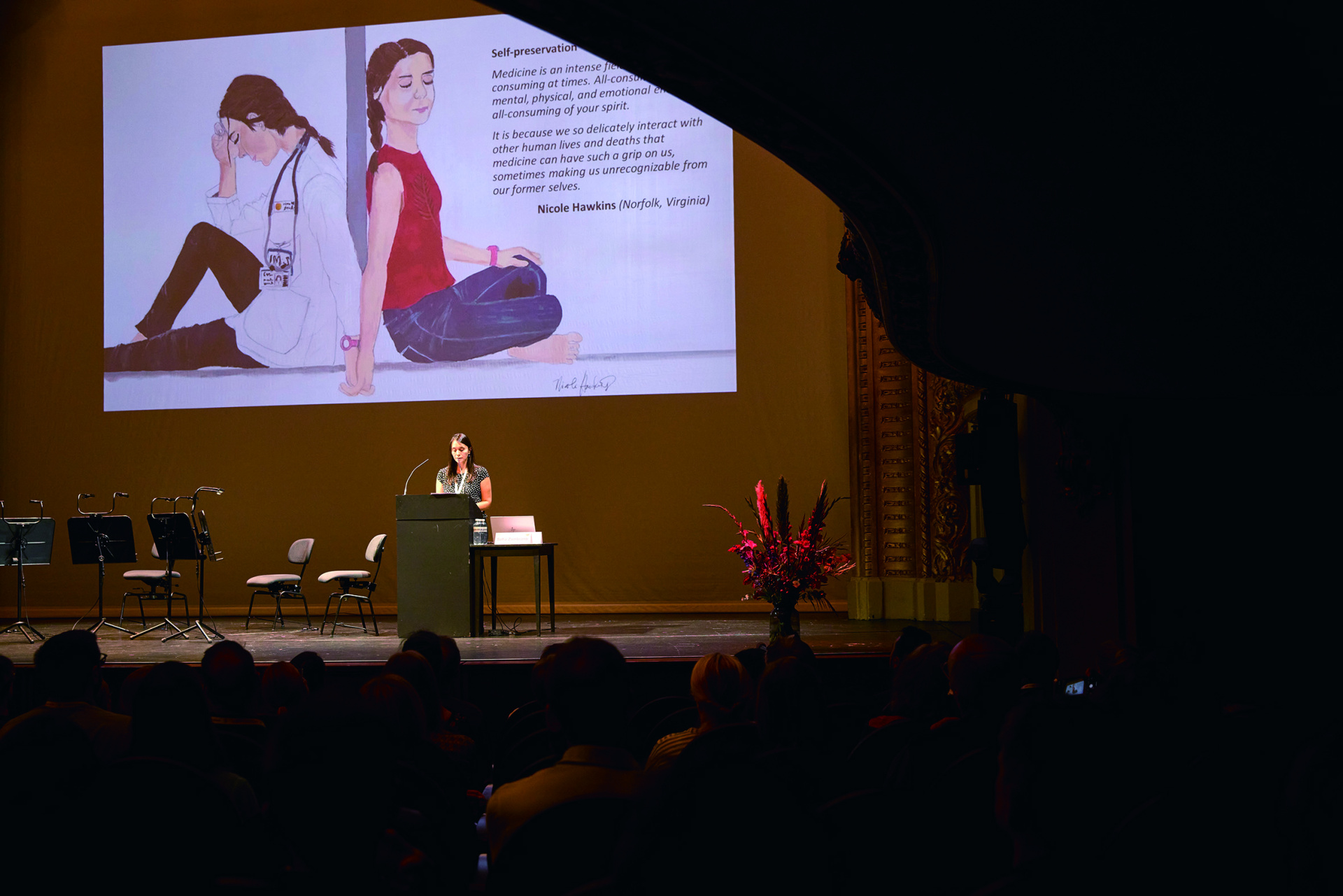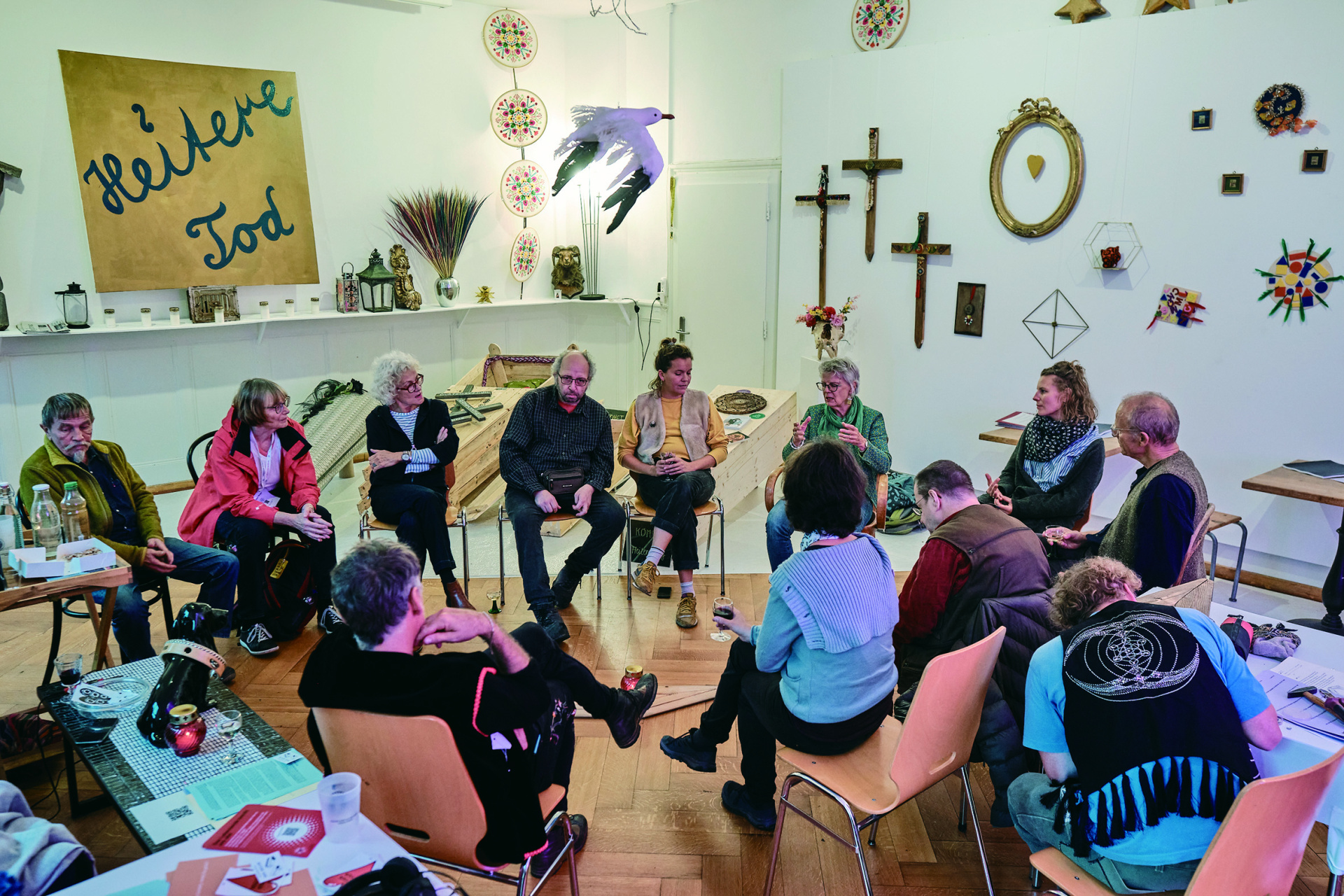國際公共衛生安寧療護協會(PHPCI)是全球推動「健康促進安寧療護」的重要組織,致力於強調死亡、臨終、失落與照護不僅是醫療議題,更是整個社會的責任。此外,PHPCI更不斷透過推廣慈悲關懷社區、舉辦國際會議、發展教育資源與實務交流,積極將公共衛生觀點融入安寧療護實踐。
在過去的5年、10年,乃至20年間,大力發展「公共衛生安寧療護」作為安寧療護中的一個獨立領域。這個運動始於1999年Allan Kellehear 出版的《健康促進安寧療護》(Health Promoting Palliative Care),以及2005 年的《慈悲關懷城市》(Compassionate Cities),這2本書都建立在一個簡單卻具有創新性與號召力的理念上:「臨終是帶有醫療成分的社會事件,而不是帶有社會成分的醫療事件。」
然而,許多社會發展與推行安寧療護的方式卻顯示出相反的方向。幾乎所有的關注都放在擴展專業安寧療護服務,而基層社區的參與及社會能量卻在政策制定者中被忽視。隨著安寧療護逐漸專業化與醫療化,社區對於臨終過程的參與越來越少。為了回應這些趨勢,Kellehear的著作強調將健康促進的方法應用於安寧療護,並動員社會網絡去支持面對重病、失落與死亡的人。

這些理念很快傳遍全球,自此之後,公共衛生安寧療護領域逐漸成熟。這體現在以下幾個方面:全球的慈悲關懷社區運動、兩年一度的世界公共衛生安寧療護大會、專門期刊《Palliative Care and Social Practice》的創刊、公共衛生安寧療護暑期學校的設立、相關教科書的出版、慈悲關懷社區學術專業中心的建立,以及最重要的,成立「國際公共衛生安寧療護協會」(Public Health Palliative Care International, PHPCI)。
PHPCI認為, 死亡、臨終、失落與照護是每個人的責任――至少對於那些有能力參與的人而言是如此。公共衛生取向的臨終照護視社區為平等的合作夥伴,共同承擔長期且複雜的任務,以提供高品質的臨終照護。所有P H P C I的成員都秉持這一原則,並承諾將所屬的組織投入於這一共同願景。該協會於第三屆國際公共衛生與安寧療護會議舉辦的地點――愛爾蘭利默里克(Limerick)成立。其使命是在全球範圍內推動公共衛生的理念與方法於安寧療護中,透過鼓勵實踐導向的學習、提供專業支持,並促進會員之間的在地與國際交流,以將公共衛生觀點融入安寧療護實踐。
2026年10月7日至9日即將在台北舉行的第九屆國際公共衛生與安寧療護會議,是一個與亞洲建立深度連結的重要機會,並將支持台灣及其他地區的相關倡議。本次會議將推廣慈悲關懷社區的理念、價值、概念與方法,並協助人們獲得教育與實務資源,以推進「健康促進安寧療護」的目標。

Public Health Palliative Care International
By Prof. Luc Deliens, President of PHPCI
Over the past five, ten, and twenty years,an enormous amount of work has been devoted to developing public health palliative care as a distinct domain within palliative care.This movement began with the publication of
Allan Kellehear’s Health Promoting Palliative Care in 1999, followed by Compassionate Cities in 2005. Both books are built on a simple yet innovative and mobilizing idea: dying is a social event with a medical component—not a medical event with a social component.
However, the way many societies have developed and implemented palliative care suggests the opposite. Almost exclusive attention has been given to expanding professional palliative care services, while community-based approaches and societal capacity have been largely neglected by policymakers. As palliative care has become increasingly professionalized and medicalized, communities have had less and less involvement in the dying process. In response to these trends, Kellehear’s books focus on applying health promotion methods to palliative care and on mobilizing social networks around people facing serious illness, loss, and death.
These ideas quickly spread across the globe, and since then, the field of Public HealthPalliative Care has continued to mature. This is reflected in the worldwide compassionate communities movement, the biennial World Conference on Public Health Palliative Care, the creation of the specialized journal Palliative Care and Social Practice, the establishment of Public Health Palliative Care summer schools, the publication of textbooks, the founding of Academic Centres of Expertise on Compassionate Communities, and, last but not least, the creation of the international association Public Health Palliative Care International (PHPCI).

PHPCI views death, dying, loss, and care as everyone’s responsibility—at least for those with the capacity to participate. A public health approach to end-of-life care sees the community as an equal partner in the long and complex task of providing high-quality care at the end of life. All PHPCI members hold this principle as true and commit their respective organizations to this shared vision. The association was inaugurated during the 3rd International Conference on Public Health and Palliative Care in Limerick, Ireland. Its mission is to promote public health principles and approaches in palliative care on a global scale by encouraging practicebased
learning, providing professional support, and facilitating local and international communication between members working to embed public health perspectives into palliative care practice.
Our upcoming 9th International Conference on Public Health and Palliative Care, to be held 7-9 October 2026 in Taipei, Taiwan, presents a major opportunity to engage with Asia and support initiatives in Taiwan and beyond. This conference will promote the philosophy, values, concepts, and methods of compassionate communities, and help equip people with the educational and practical resources they need to advance the goals of health-promoting palliative care.
